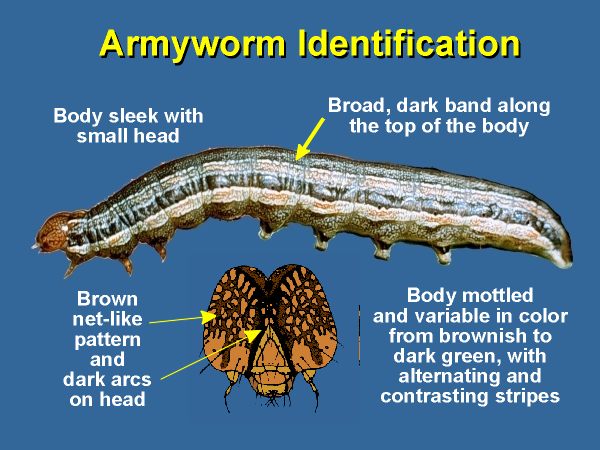Flu Vaccine from Creepy Crawlies!

No one likes being sick and as the 2012-2013 cold and flu season is wrapping up in the US, new biotechnology is keeping us healthier.
The flu, or Influenza, is a virus which causes complicated upper respiratory infections targeting people of all ages across all nations. Though modern medicine and housing gives us a good chance at surviving the flu, hundreds of deaths globally are still attributed to this illness each year.

In order to prevent the illness completely (or at least prevent serious infections), the Center for Disease Control recommends getting vaccinated. Traditionally, flu vaccines are cultivated from special chicken eggs and live flu virus.

This can be a serious limitation! First of all, anyone who has allergies to eggs cannot receive the vaccination, leaving a whole group of people vulnerable to the flu (their only real option is to hide under a blanket and hope not to get sick!). Secondly, both the eggs and the flu virus take time to collect, then more time to incubate together to produce the vaccine. If there was a really series spread of a dangerous strain of flu virus, it would take months to get a vaccine ready to protect people.
Luckily, using biotechnology, scientists like me have figured out how to use insect cells instead of eggs to grow disabled flu viruses for vaccines! The cells are from the pupal ovarian tissue of the fall armyworm, Spodoptera frugiperda, and were originally cultured as a commercial cell line by a company called invitrogen (For more technical information about growing these cell lines, click here).

This is just a small way that scientific research can help protect people.
Check out the FDA approval announcement here, the US center for disease control flu information here and the UK influenza group here.